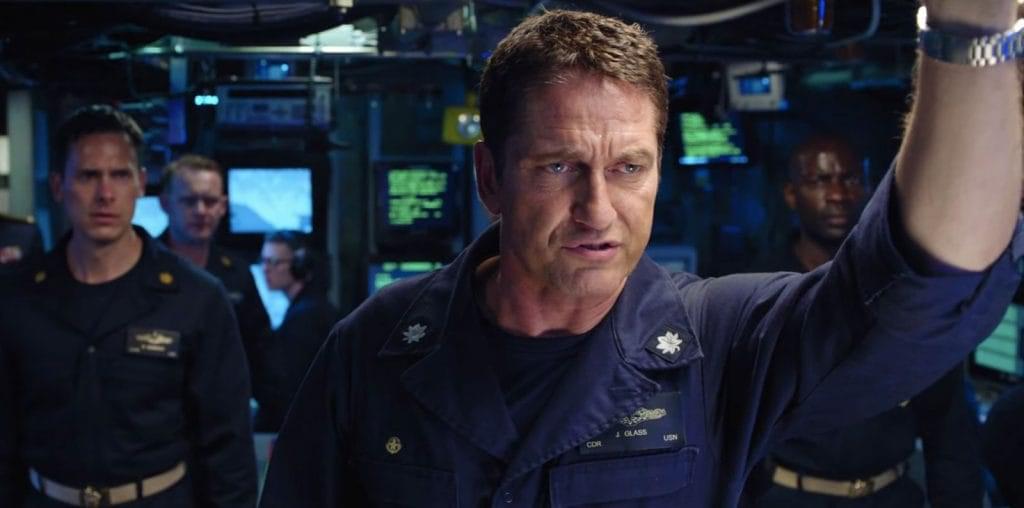
Ryan (Paulo Costanzo) is having one of those John Winger kind of days. His upwardly mobile girlfriend has booted him out of their shared apartment because he’s not motivated enough, and his boss has discovered the slam poetry he’s been storing on the company server. However unlike his early ’80s counterpart, he doesn’t join the military, but rather takes a position with “Winners,” a lottery magazine.
The job consists of interviewing lottery winners and manning the phone lines which, this being Vancouver and all, requires him to learn Mandarin. It’s in Mandarin class where he meets the fetching Ming (Steph Song). Ming (with whom he’d shared an improbably meet cute next to a beached whale earlier in the film) shares his fashionably cynical worldview, but is unfortunately hamstrung by an a*****e boyfriend named Bryce (J.R. Bourne) who builds golf courses and participates in various scams in order to maintain his swanky lifestyle.
Ryan and Bryce strike up an unlikely partnership, wherein Ryan tips Bryce off to recent lottery winners, Bryce purchases the winning tickets at a markup, and cuts Ryan in on the action. Ryan soon finds himself caught up in the wealthy lifestyle he’d heretofore disdained, which naturally puts him at odds with Ming, who isn’t really all that attached to Bryce after all.
“Everything’s Gone Green” is the first writing effort from “Generation X” and “Microserfs” author Douglas Coupland, and you can tell. Set in Vancouver (not Vancouver playing NYC) and featuring a typically directionless protagonist with an identity crisis, the movie runs through a litany of post-millennial touchstones like naughty webcams, cubicle farms, and that awkward silence when you stumble upon your parents’ pot farm.
Costanzo himself is affable enough, and strong performances from Bourne and Song keep this from sinking to deeply into preciousness. For example, an early scene in which the aforementioned whale is presented as a symbol for the meaningless of the corporate lifestyle while legions of suitcase-toting yuppies venture forth to touch its carcass smacks of “Garden State” level pretension. And one has to ask how long Coupland, himself in his 40s, can continue to present himself as the voice of the twenty-something generation? 20-odd years out of the working world has put him somewhat out of touch with reality, as demonstrated by one scene where a bunch of government workers gather around a porn web site. I don’t care if the movie takes place in Canada, that kind of s**t doesn’t happen.
“Everything’s Gone Green” works best when it focuses on the Ryan-Ming-Bryce triangle and keeps the deliberate quirkiness to a minimum. It’s a bit of a shaky first screenwriting effort for Coupland, but not without its charms.
